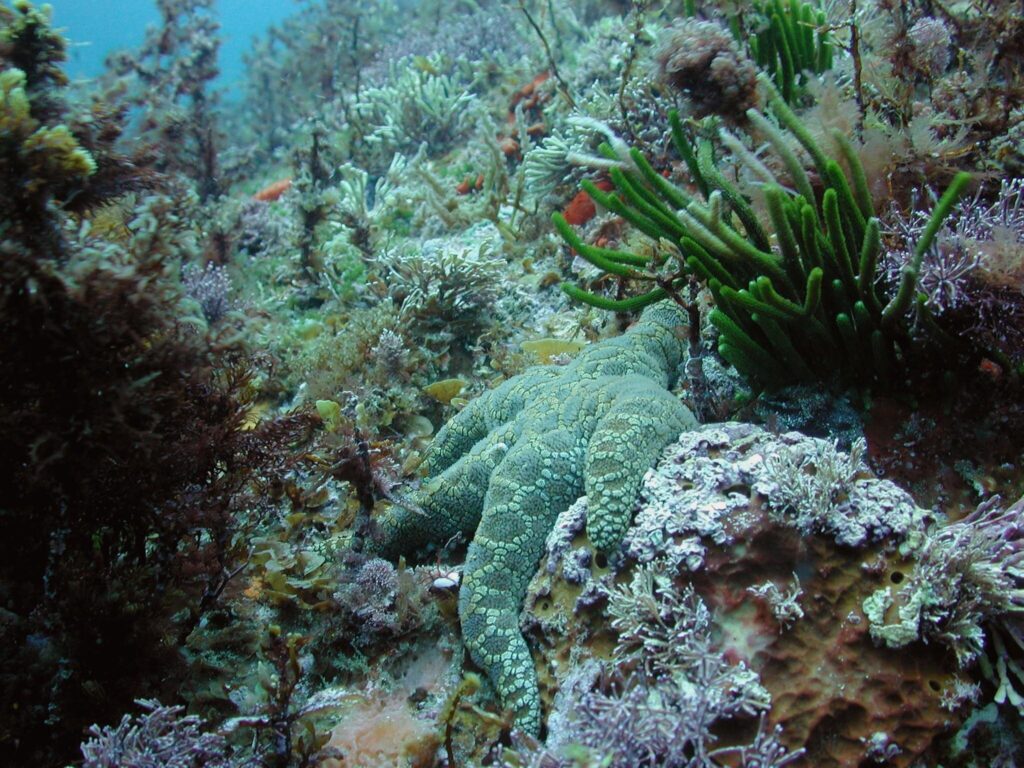Researchers from the University of Adelaide have found evidence that marine food webs will not cope well with increasing sea temperatures caused by climate change.
The research was published in the journal Science. They basically recreated a coastal ecosystem of three habitats found in the Gulf St. Vincent, at the South Australian Research and Development Institute (SARDI) site at West Beach in Adelaide. This recreated ecosystem was then exposed to simulated ocean acidification and warming.
“Our research identified a future trophic pyramid which showed that the biomass expanded at the base and the top, but contracted in the center,” says lead author Professor Ivan Nagelkerken from the University of Adelaide’s Environment Institute.
What is a Trophic Pyramid?
A trophic pyramid is a graphical representation, showing the flow of energy at each trophic level in an ecosystem. The width of each bar represents the units of energy available within each trophic level; the height is always the same.
The team thinks that this not so usual profile may be a transitionary state before an ocean ecosystem collapses into shortened, bottom-heavy food webs with the current increasing sea temperatures.
“Healthy food webs are critical for ecosystems so that the world’s oceans can continue to provide an important source of food for humans,” says Professor Ivan Nagelkerken
“Where food web architecture lacks adjustability, ecosystems lack the capacity to adapt to global change and ecosystem degradation is likely,” says collaborator and co-author Professor Sean Connell from the University of Adelaide’s Environment Institute.
Water ecosystems that are not able to adapt to global change tend to show all the signs of being transformed into a food web dominated by weedy algae.
Even though there were more plants at the bottom of the food web, this increased energy does not flow upwards towards the top of the food web.
More warming and acidification of the oceans in the near future are likely to exacerbate these effects consequently reduce species at the top of food webs, such as fish.
“An ecological tipping point may be passed beyond which the top of the food web can no longer be supported, with an ensuing collapse into shorter, bottom-heavy trophic pyramids,” says Professor Nagelkerken.
“This will weaken the health and sustainability of ocean ecosystems unless species are capable of genetic adaptation to climate stressors in the near future.”
Journal Reference:
I. Nagelkerken el al., “Trophic pyramids reorganize when food web architecture fails to adjust to ocean change,” Science (2020). science.sciencemag.org/cgi/doi … 1126/science.aax0621

